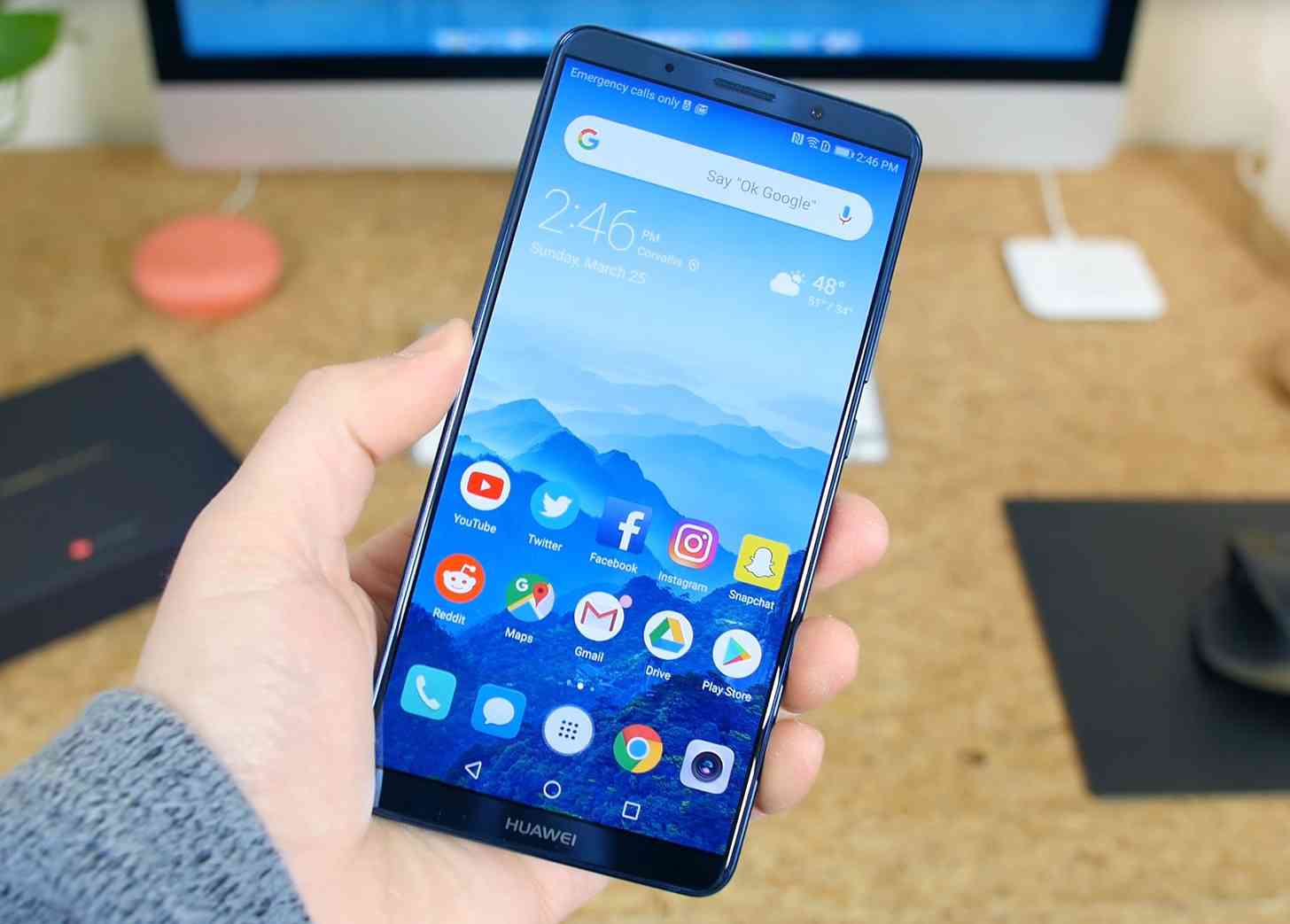
After seeing several companies suspend business with it following a U.S. ban, Huawei this week filed a motion that it hopes will help end that ban.
Huawei argues that the U.S. ban against it is unconstitutional, and it's asking for a "summary judgment" against the ban. As noted by The Verge, Huawei says that the ban is a "bill of attainder" and that it's unconstitutional because under the constitution, Congress is forbidden from passing laws that target specific people.
Huawei goes on to say that it was singled out in the defense budget that included the ban, which it describes as "selective" and "punitive". The company also argues that it's been labeled as being "disloyal" through legislation rather than any actions in the courts and that the ban "denies Huawei any procedure for providing rebuttal".
In a statement accompanying the motion, Huawei said that the ban "sets a dangerous precedent".
The ban against Huawei prevents it from working with U.S. companies without approval from the U.S. Commerce Department. Huawei has done some preparation for a ban like this, including stockpiling a few months' worth of components and even cooking up its own mobile operating system. This ban could have major effects on Huawei if it goes long-term, though.
Google suspended business with Huawei, which would mean that it would lose access to Android apps like YouTube and the Play Store, though Huawei did get a temporary license to continue maintaining networks and providing existing devices with software updates. Both Intel and Qualcomm have suspended business with Huawei as a result of the ban, and ARM has done the same thing, which could affect Huawei's ability to make its own Kirin chipsets.
Considering all that, it's no surprise that Huawei is working hard to get this ban overturned. It remains to be seen whether or not that'll happen, but one thing working against Huawei is a case in which Russia's Kaspersky Lab was hit with a ban by the U.S. government. In that instance, Kaspersky argued that the government created a bill of attainder, just like Huawei is arguing, but it failed in its quest to challenge the ban.
What do you think about Huawei's arguments?